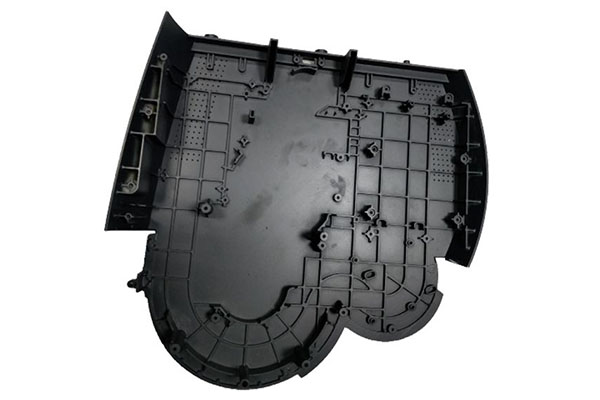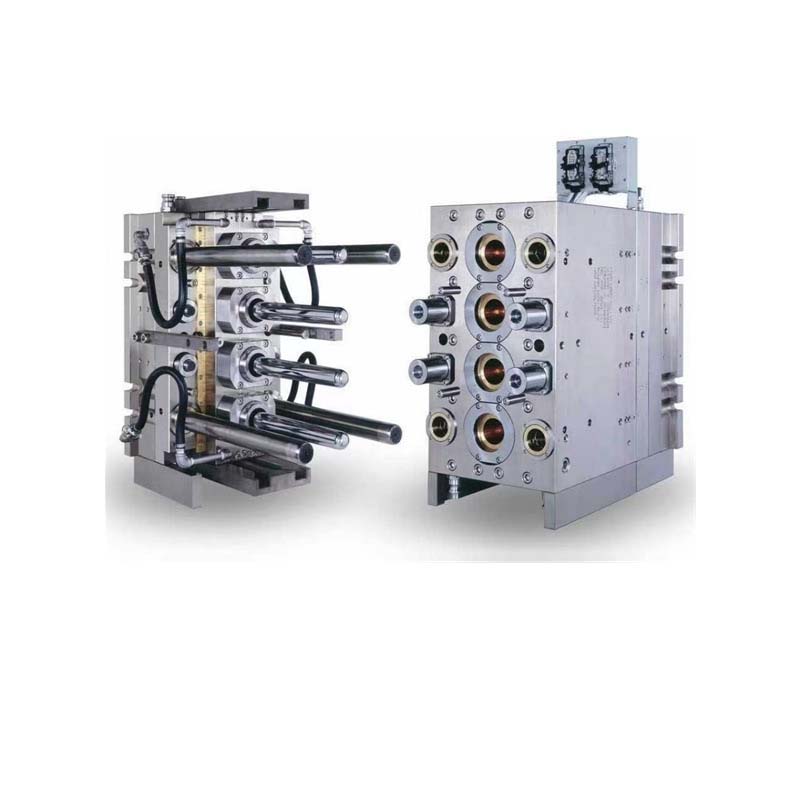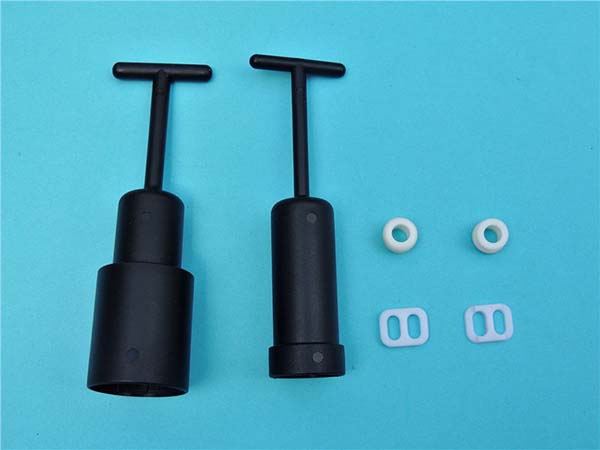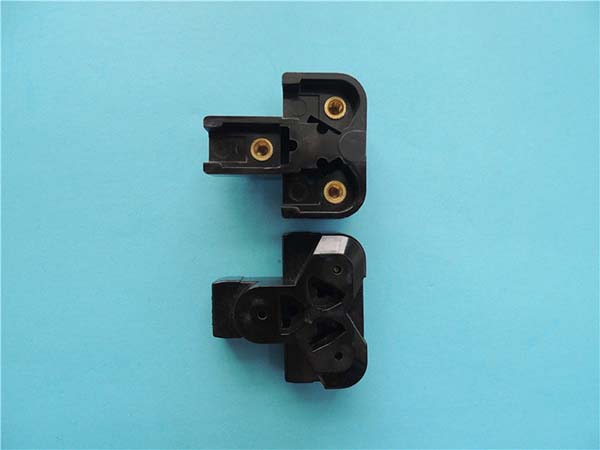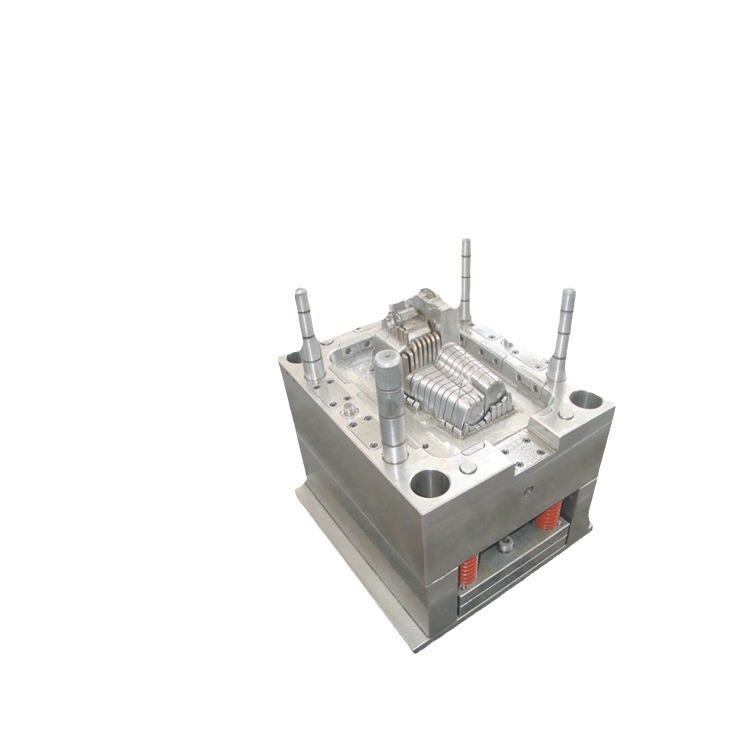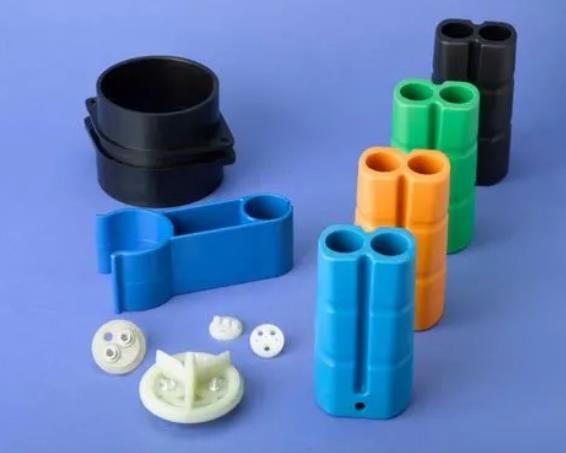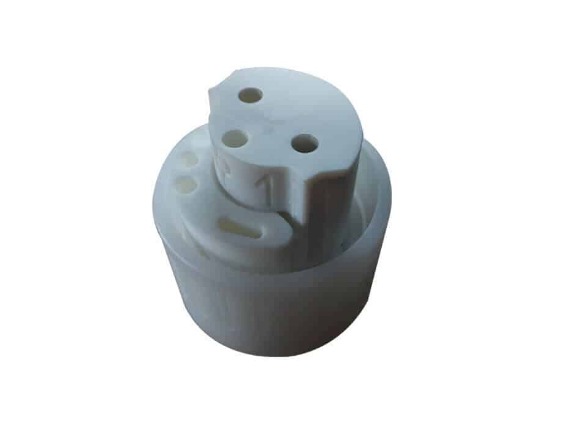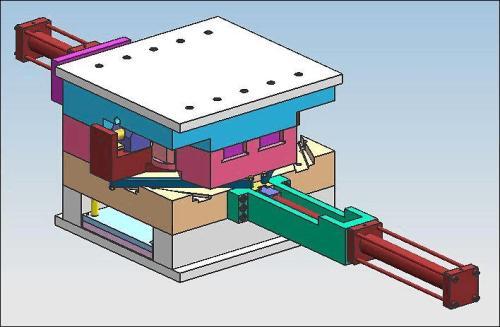For product developers, engineers, and businesses, finding Plastic Injection Molding Services that deliver both high quality and affordability is a critical challenge. It's not just about getting a part made; it's about establishing a reliable, cost-effective manufacturing partnership for your product's lifecycle. This comprehensive guide demystifies the world of injection molding services, explaining the core process, materials, quality benchmarks, and strategic selection criteria. We'll provide a clear framework for evaluating potential partners, ensuring you can secure the precision, reliability, and value your project demands, from initial prototype to high-volume production.
What Are Plastic Injection Molding Services?
Plastic Injection Molding Services encompass the full spectrum of expertise and capabilities offered by manufacturers to transform your design into mass-produced plastic parts. This is far more than simply operating a machine. Reputable services act as an extension of your engineering team, providing Design for Manufacturability (DFM) analysis, mold design and fabrication, material selection guidance, precision production, secondary operations (assembly, painting), and rigorous quality control. The goal is to deliver consistent, high-quality plastic components at a competitive total landed cost, managing everything from the initial quote to the final shipment.
How Does the Injection Molding Process Work?
Understanding the fundamental process is key to effective collaboration with any service provider. The cycle is a precisely controlled sequence:
- Clamping: The two halves of the injection mold are hydraulically or electrically closed and held under tremendous force (measured in tons) to withstand injection pressure.
- Injection: Plastic resin pellets are fed into a heated barrel, where a rotating screw melts and mixes them. This molten plastic is then injected at high speed and pressure into the mold cavity.
- Cooling: The plastic cools and solidifies within the mold, taking its final shape. Cooling time can constitute the majority of the cycle and is optimized through internal cooling channels.
- Plasticizing: While the current part cools, the screw retracts, preparing the next shot of material.
- Ejection: The mold opens, and ejector pins push the finished part out. The mold closes, and the cycle repeats, often in a matter of seconds.
This process, especially when managed via Computer Numerical Control (CNC), allows for the production of thousands to millions of identical parts with exceptional efficiency.
Which Materials Can Be Used?
The versatility of injection molding is largely due to the vast array of usable materials. A full-service provider will have expertise across this spectrum.
| Material Category | Common Examples | Key Characteristics | Typical Applications |
|---|---|---|---|
| Commodity Thermoplastics | Polypropylene (PP), Polyethylene (PE), Polystyrene (PS) | Low cost, easy to process, good general properties. | Packaging, containers, household items, disposable products. |
| Engineering Thermoplastics | ABS, Polycarbonate (PC), Nylon (PA), Acetal (POM) | Enhanced strength, toughness, heat & chemical resistance. | Automotive interiors, electronic housings, power tools, consumer appliance parts. |
| High-Performance Thermoplastics | PEEK, PPS, PEI (Ultem) | Exceptional thermal stability, chemical inertness, and strength. | Aerospace, medical implants, semiconductor manufacturing equipment. |
| Thermoplastic Elastomers (TPEs) | TPE, TPU | Rubber-like flexibility and elasticity, combined with plastic processability. | Seals, gaskets, soft-touch overmolds, grips. |
Material Selection Insight: The choice is not just about properties. A key role of your molding service is to advise on processability. For instance, a material's Melt Flow Index (MFI) determines how easily it flows into thin walls. A good partner will recommend a grade that balances your performance needs with efficient, high-yield molding.
What Quality Standards Should You Expect?
"Quality" must be defined by verifiable systems, not promises. Leading Plastic Injection Molding Services build quality into every step.
- Certifications as a Baseline: Look for ISO 9001 certification, which mandates a documented Quality Management System. For specific industries, IATF 16949 (automotive) and ISO 13485 (medical devices) are non-negotiable and indicate deep process discipline.
- Scientific Molding & Process Control: The gold standard is Scientific Molding, where critical process parameters (temperature, pressure, time) are identified, documented, and controlled. This data-driven approach ensures repeatability and allows for root-cause analysis of any defect.
- Comprehensive Inspection Protocols: Expect detailed First Article Inspection (FAI) reports when a mold is sampled. During production, Statistical Process Control (SPC) should monitor key dimensions. Advanced providers use Coordinate Measuring Machines (CMM) and vision systems for objective verification.
- Part Validation & Documentation: For regulated industries, the molder must support Production Part Approval Process (PPAP) or similar validation, providing evidence that their process can consistently produce parts meeting all requirements.
Tooling Options: Prototype, Bridge, and Production Molds
The mold is your largest investment. A skilled service provider will guide you to the right tooling strategy for each project phase.
| Tooling Type | Material & Construction | Best For | Key Advantage |
|---|---|---|---|
| Prototype Molds | Aluminum or 3D-Printed Inserts. | 50 - 500 parts. Functional testing, design validation. | Lowest cost & fastest lead time (2-4 weeks). Allows for design iteration before high investment. |
| Bridge / Pre-Production Molds | High-Grade Aluminum or Pre-Hardened Steel (P20). | 500 - 10,000+ parts. Market launches, low-volume production, clinical trials. | Balances cost and durability. Delivers production-quality parts for initial manufacturing. |
| Production Molds | Hardened Tool Steels (H13, S136). | 100,000 - 1M+ parts. Full-scale, high-volume manufacturing. | Maximum lifespan and consistency. Designed for high-cavitation and automated, unattended running. |
Case Example: A medical startup needed 300 units for a pilot study. A production steel mold was cost-prohibitive. Their molding service recommended a bridge tool made from P20 steel. It cost 40% less than a full-hardened mold, was ready in 5 weeks, and produced parts that met all FDA material and tolerancing requirements. The successful study secured funding, and the same service provider then quoted the production mold, using learnings from the bridge tool to optimize it.
How Fast Can You Get Quotes and Parts?
Timelines are crucial for product development cycles. A responsive, transparent service provider is essential.
- Quotation Lead Time: For a complete mold and part quote, expect a serious provider to return a detailed proposal within 2-5 business days, provided you supply a clear 3D model (STEP/IGES) and 2D drawing.
- Prototype Parts (via CNC/Urethane Casting): If you need quick-turn prototypes before committing to a mold, many services offer CNC machined or urethane cast samples in 5-10 business days.
- Molded Parts Lead Time: This depends on tooling:
- Aluminum Prototype Mold: First samples in 3-5 weeks from order.
- Production Steel Mold: First samples in 8-16 weeks from order.
- Production Run Time: Once the mold is approved, producing thousands of parts may take only days to a few weeks of press time.
How to Select the Right Service Provider?
Choosing a partner is a strategic decision. Look beyond the per-part price to these critical factors:
- Engineering Support & DFM: Do they provide a detailed Design for Manufacturability report with actionable feedback? This upfront collaboration saves vast amounts of time and money in tooling modifications.
- Technological Capability: Do they have the right press sizes, multi-shot or insert molding capabilities if needed, and robotic automation? A modern machine park indicates a commitment to consistency and efficiency.
- Transparent Quality Evidence: Ask for sample inspection reports, SPC chart examples, and a tour of their quality lab (virtual or in-person). How do they handle non-conforming parts?
- Communication & Project Management: Is there a dedicated project manager? Are they responsive and clear in their communication? Misunderstandings are a major source of cost overruns.
- Total Cost Understanding: A good partner provides a transparent quote breaking out tooling, per-part cost, and setup fees. They should also advise on design changes to reduce overall cost.
Applications Across Automotive, Medical, and Consumer Markets
High-quality, affordable injection molding services are the engine behind products in every sector.
- Automotive: Producing everything from intricate dashboard components and lighting assemblies to under-hood parts like connectors and fluid reservoirs. Demands include high-temperature resistance, dimensional stability, and compliance with IATF 16949.
- Medical & Life Sciences: Manufacturing single-use, disposable devices (syringes, connectors), diagnostic equipment housings, and even implantable components. Requires ISO 13485 certification, biocompatible materials, and impeccable traceability.
- Consumer Electronics & Goods: Creating the sleek, durable housings for smartphones, laptops, and wearables, as well as components for power tools, appliances, and toys. Balances aesthetics (high-gloss finishes, textures) with structural integrity and cost.
Conclusion
Finding Plastic Injection Molding Services that deliver both quality and affordability is a achievable goal with the right knowledge. It requires shifting the focus from simple price comparison to a holistic evaluation of a provider's engineering expertise, quality systems, and partnership approach. By prioritizing providers who offer proactive DFM, embrace scientific process control, and provide transparent tooling strategies for each stage of your product's life, you can build a manufacturing partnership that delivers precision parts, manages risk, and provides true long-term value. Your molder should be a key ally in bringing your innovative product to market successfully.
FAQ
What information do I need to provide to get an accurate injection molding quote?
You should provide: 1) A 3D CAD model (STEP or IGES format preferred), 2) Detailed 2D drawings with critical dimensions and tolerances clearly called out, 3) Material specification or performance requirements, 4) Expected annual volume or order quantity, and 5) Any relevant industry standards (e.g., medical, automotive) that apply.
What is the difference between a hot runner and a cold runner mold system?
A cold runner system has channels that solidify with each shot and are ejected as plastic waste (sprues and runners). It's simpler and cheaper for the mold but creates waste and can increase cycle time. A hot runner system uses heated manifolds to keep the plastic molten in the channels, injecting directly into the part. It eliminates waste, allows for faster cycles and better part quality, but is more expensive and complex. For high-volume production, hot runners are often the most economical choice.
How are color and surface finish specified for molded parts?
Color is specified using a physical color chip (like RAL or Pantone) or by providing a sample part. The molder will compound the colorant with the base resin. Surface finish is specified using the SPI/SPE mold finish standard (e.g., A-1 for a mirror polish, C-3 for a texture). You can provide a texture sample for them to match.
What are common defects in injection molded parts and who is responsible for fixing them?
Common defects include sink marks (thick sections), warpage (uneven cooling), short shots (incomplete filling), and flash (excess material at mold seams). A reputable molder's DFM process aims to design out potential defects. If defects occur in production due to process issues, the molder is responsible for correction. If defects are due to an inherent design flaw, design changes may be needed. Clear communication and a good contract define these responsibilities.
Can I get a mold that I own and can move to another manufacturer?
Yes, you can and typically should own the mold intellectual property and physical tool. Specify this in your contract. For portability, insist on an "Export Quality" mold built with internationally standard components (DME, HASCO). A mold built with proprietary or local-standard components may be difficult or expensive to run elsewhere.
Contact Yigu Technology for Custom Manufacturing.
Partner with Yigu Technology for Plastic Injection Molding Services that seamlessly blend quality, affordability, and expert collaboration. We guide your project from concept to completion with proactive DFM engineering, a range of strategic tooling options, and scientific molding processes that ensure consistency and yield. Serving the automotive, medical, and consumer electronics industries, we meet the highest quality standards with transparency and reliability. Contact Yigu Technology today for a detailed quote and discover how we can be your trusted, high-value manufacturing partner.
